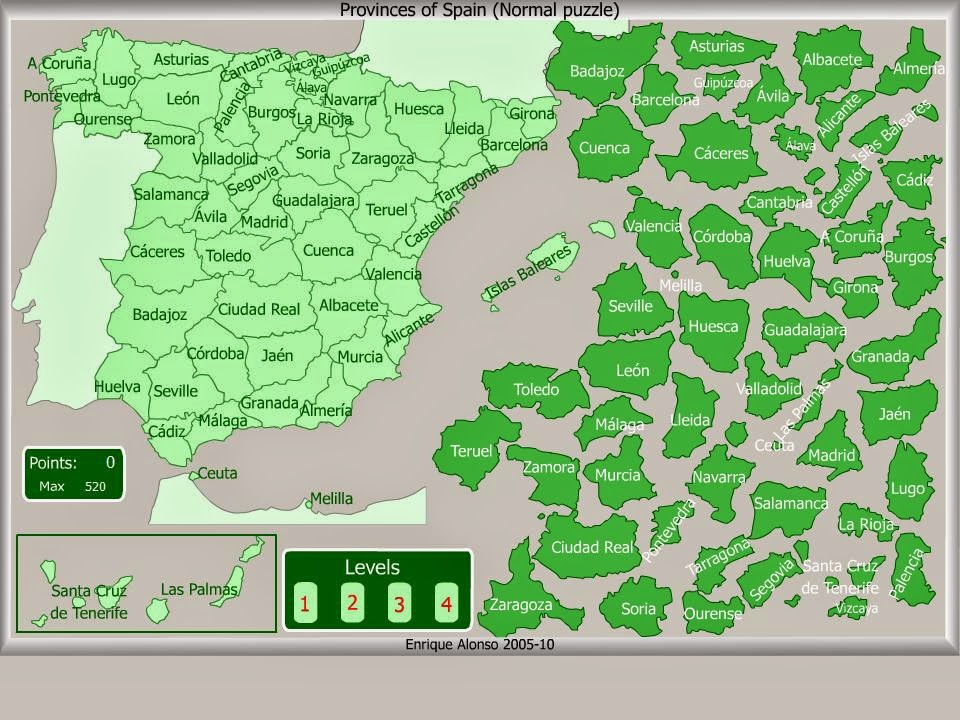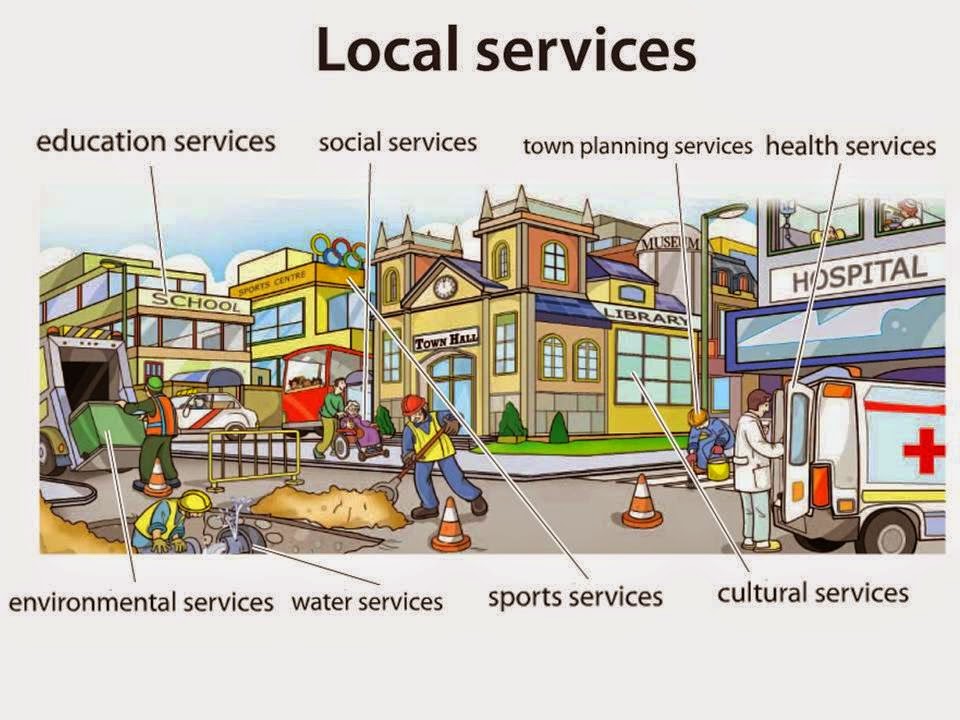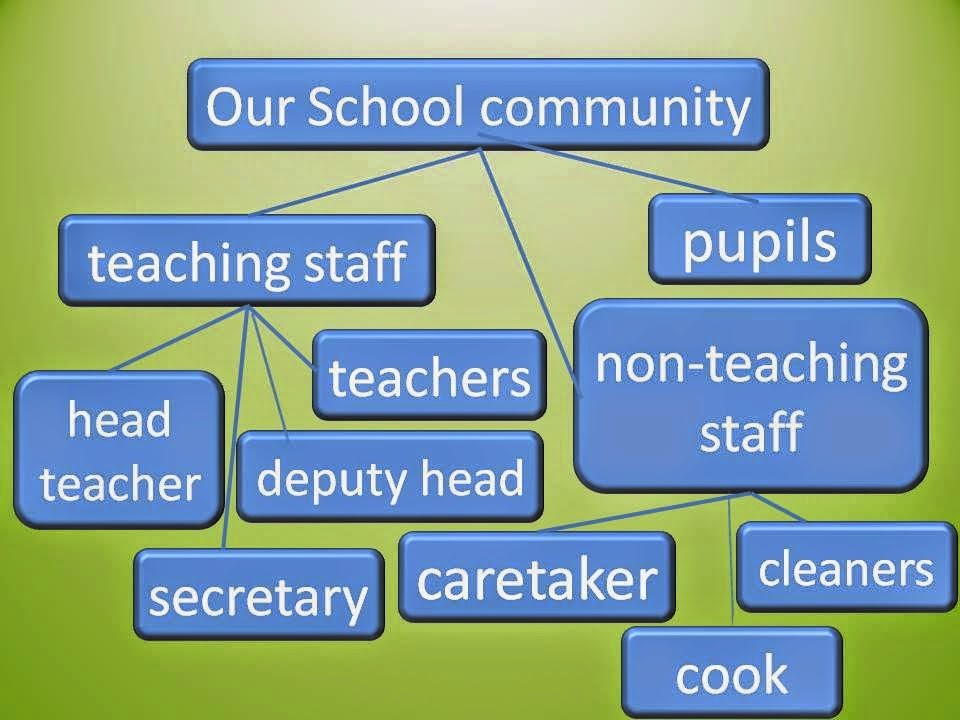domingo, 27 de septiembre de 2015
martes, 8 de septiembre de 2015
domingo, 28 de junio de 2015
HAVE A GREAT SUMMER!!!
Have a great summer everyone! Practice some but mostly, have fun!
Would you like to start learning about Europe? Click on the following picture:
miércoles, 3 de junio de 2015
CONTEMPORARY AGE
The Contemporary Age began about two hundred years
ago and was a time of industry and changes in society. New inventions like the
steam engine changed the way that people lived and worked. The steam engine
made work quicker and easier. It was used in machines and transport.
Factories made mass-produced products. People moved
to towns and cities for work and urban populations increased. Cities grew
and changed. There were new streets and shops. There were services such as
schools, hospitals and public transport.
There were also important scientific inventions during this
period, such as the discovery of electricity. Some inventions in medicine
included the x-ray and vaccinations. Some inventions in communication were the
radio and the telephone.
MODERN AGE
The Modern Age began
about five hundred years ago. Small kingdoms came together to form big
countries with one king, and these countries started to explore the world. This
period was a time of discovery and scientific inventions.
Inventions such as the compass
and more accurate maps meant that people could travel to new places without
getting lost, and discover new lands and new products.
In 1492, an explorer
called Christopher Columbus sailed west in his ship. He wanted to travel around
the world to reach Asia in the East, but instead Columbus travelled west and
reached the New World which we now call America.
An important invention of the
Modern Age was Gutenberg's printing press. The invention meant that it was
quicker and cheaper to produce books and maps.
martes, 2 de junio de 2015
MIDDLE AGES
The Middle Ages began about 1500 years ago. During this
period, two civilizations lived in the Iberian Peninsula: Christian
civilization and the Islamic civilization.
The Christian civilization in the Iberian Peninsula began
when the Romans arrived. Christian Spain was divided into areas called
kingdoms. Each of these kingdoms had a king. The kingdoms attacked each other,
so people built castles and walls to defend their towns and cities.
The Christian civilisation built religious buildings such
as churches and cathedrals.
During this period, there were four groups of
Christians:
a) The nobles owned the land given
to them by the king. They lived in castles.
b) The clergy were the religious people
of the Middle Ages. They looked after their own land and helped the poor. They
could often read and write in Latin.
c) The craftmen were skilled
workers and made products from materials such as glass ans wood.
d) The peasants worked hard on the land
of the nobles. The peasants didn´t receive a salary, but the nobles gave them
protection.
lunes, 1 de junio de 2015
ANCIENCT HISTORY
Ancient history began more than four thousand years ago,
when people invented writing. During this time, the first civilisations
developed in countries such as: Greece, Egypt, China and Mexico.
People in these first civilisations lived together in
communities and didn´t have to move from place to place to find food aand
shelter. This meant that they had time to build cities with public and private
buildings, write laws, develop skills and have jobs.
Civilisation: (noun) a society that shares the same culture
and institutions.
One of the most important civilisations in ancient history
was the Roman Civilisation. Roman territory was called the Roman Empire and the
capital of the Roman Empire was Rome. The Romans had a strong army and this
helped increase their territory. The Romans arrived in the Iberian Peninsula
about two thousand years ago.
A) The Romans built outdoor theathres called amphitheatres
where people watched fights between gladiators, and between gladiators and wild
animals.
B) The Romans built stone roads to connect cities.
C) The Romans built bridges over rivers.
D) The Romans built aqueducts to carry water from rivers and
lakes to cities.
PREHISTORY
Prehistory is the period from when the first humans
existed about two million years ago, until the invention of writing.
Although people living during this period couldn´t write,
they could leave some historical sources. These historical sources mean that we
can learn about prehistory.
There are two main periods of prehistory: the Palaeolithic
period and the Neolithic period.
In the Palaeolithic period, people were nomads. This means
that they moved from place to place to look for food and shelter. They used
stone, wood and bones to make simple tools.
In the Neolithic period, people started to live in one place
and form communities. They started to grow crops and keep domestic animals.
They used stone and metal to make more complex tools.
HISTORY
History is
everything that happened in the past. History is important because we can learn
from the past. We can understand why things happen in our world and use this
information to make our lives better.
We can use historical sources to learn about history. Historical sources are
objects that give us information about the past. Historical sources can be photos,
paintings, written documents, buildings or objects that people used in the past.
We can use measurements of time to organize information
about the past.
· A year is made up of twelve months.
· A decade is made up of ten years.
· A century is made up of one hundred years.
· A millennium is made up of one thousand years.
We can divide history into five main periods:Prehistory,
Ancient history, the Middle Ages, the Modern Age, and the Contemporary Age.
viernes, 29 de mayo de 2015
viernes, 22 de mayo de 2015
UNIT 12: HISTORY
Dear Parent /
Carer,
Your child is
about to start unit 12. The topic of this unit is History. In this unit, your child will
·learn what
history is and its importance
·learn to
identify the five main periods of history
·learn to
classify prehistory into the Palaeolithic and Neolithic periods and understands
the differences between them
·learn to
understand about life in ancient history, the Roman civilisation and the
importance of the invention of writing
·learn to
understand how the Christian civilisation and the Islamic civilisation
coexisted in the Iberian peninsula in the Middle Ages
·learn to
understand that kingdoms forming countries, discovery and scientific invention
characterised the Modern Age
·learn to understand
how industry and changes in society characterised the Contemporary Age
·learn to
listen to, read and understand a story about Roman remains
·learn to
write a simple text about a building from the past
Additionally in
this unit, your child will investigate important people in history.
With best wishes,
Mrs. Eva.
ENGLISH UNIT 9: HOLIDAY PLANS
Dear Parents,
Your child is about to start Unit 9. The main topic of this unit
is holidays. In the
unit your child will learn how to ask and talk about holiday plans and things
to take. He/she will be introduced to this language through episode 9 of the
exciting adventure story Back to the present, a song and a grammar rap.
In Unit 9 your child will learn about forests, trees and forest
fires. Your child will complete his/her own ‘My Little Fact File of Forests and
Trees’ to reinforce this learning. He/she will also learn about what children
in Britain do in the holidays and learn a tongue twister to practise specific
English sounds.
In this unit your child will have the opportunity to read and
write questions and answers about plans for the future. Your child will also
read short texts about holiday plans and write a short text about their own
plans for the summer, following a model.
I hope you and your child enjoy this unit.
Mrs. Eva.
martes, 19 de mayo de 2015
lunes, 11 de mayo de 2015
UNIT 11: POPULATION
Dear Parent /
Carer,
Your child is
about to start unit 11. The topic of this unit is Population. In this unit, your child will
·learn to
understand what population is and that different places have different
populations
·learn to
classify population into child, adult or elderly, rural or urban and active or
inactive
·learn to
understands that population can increase or decrease
·learn to
understand why people migrate and the difference between immigrants and
emigrants
·learn to
understand the difficulties facing some immigrants
·learn to
understand that the world population is growing and the consequences of this
·learn to
listen to, read and understand a story about a new pupil in class
·learn to
write a simple text in the form of a class census
Additionally in
this unit, your child will investigate populations.
With best wishes,
Mrs. Eva.
martes, 5 de mayo de 2015
lunes, 4 de mayo de 2015
domingo, 3 de mayo de 2015
viernes, 1 de mayo de 2015
ENGLISH UNIT 8: FUTURE TIMES
Dear
Parents,
Your child
is about to start Unit 8 . The main topic of this unit is the future. In the unit your child will learn how
to talk about what will and won ́t happen in the future. He/he will be
introduced to this language through episode 8 of the exciting adventure story
The future, a song and a grammar rap.
In Unit 8 your
child will learn about climate change and global warming. Your child will
complete his/her own ‘My Little Fact File of Climate Change’ to reinforce this
learning. He/she will also learn about what children in Britain think will
happen in the future and play a game to practise specific English sounds.
In this unit
your child will have the opportunity to read and write questions and answers
about what will happen in the future. Your child will also read short texts
about cities and transport in the future and write a short text about their own
predictions, following a model.
Thank you
for your support,
Mrs. Eva.
miércoles, 29 de abril de 2015
martes, 21 de abril de 2015
UNIT 10: OUR COUNTRY
Dear Parent /
Carer,
Your child is
about to start unit 10. The topic of this unit is Our country. In this unit, your child will
·learn to
understand our rights and responsibilities in a democracy
·learn to
understand what the Spanish Constitution is and what it contains
·learn to
understand general elections, who is in Parliament and how elections are held
·learn to understand
Spain’s geography and where Spain’s territories are situated
·learn to
read a relief map
·learn to
identify some of the main rivers of Spain and which seas or oceans the rivers
of Spain flow into
·learn to
listen to, read and understand a story about a volcano
·learn to
write a simple text about your Autonomous Community
Additionally in
this unit, your child will investigate elections.
With best wishes,
Mrs. Eva.
martes, 14 de abril de 2015
domingo, 12 de abril de 2015
lunes, 6 de abril de 2015
UNIT 9: LIVING TOGETHER
Dear Parents,
Your child is about to start unit 9 of
their Science coursebook The topic of this unit is Living together. In this unit, your child will
·
learn to understand about classroom
rules and why they are important in the school community
·
learn to understand the role of the
Mayor and local Government
·
learn to identify some local services
and their importance and talk about how we use them
·
learn to understand the roles of the
different emergency services and how to contact them
·
learn to recognise the job of people
in the emergency services and the vehicles and equipment they use
·
learn to understand about Spain’s
provinces and Autonomous Communities
·
learn to listen to, read and
understand a story about a forest fire
·
learn to write a simple text in the
form of a letter to the Mayor
Additionally in this unit, your child will
investigate their Autonomous Community.
With best wishes,
Mrs. Eva.
ENGLISH UNIT 7: FOOD, DELICIOUS FOOD!
Dear Parents,
Your child is about to start Unit 7 of their English course
book. The main topic of this unit is food. In the unit your child will learn
how to talk about food packaging, quantities of food and what you should and
shouldn’t buy. He/she will be introduced to this language through episode 7 of
the exciting adventure story The medieval kitchen, a song and a grammar rap.
In Unit 7 your child will learn about medieval times, food
packaging and supermarkets. Your child will complete his/ her own book called ‘My
Little Fact File of Food We Buy’ to reinforce this learning. Your child will
also learn about favourite recipes from children in Britain and play a game to
practise specific English vowel sounds.
In this unit your child will have the opportunity to read and
write questions and answers about food packaging and quantities, what you
should and shouldn’t buy/eat. Your child will also read short texts about
medieval times and modern popular recipes and write their own recipe, following
a model.
Thank you again for your help in making your child’s early
contact with English as enjoyable and successful as possible. Yours
Mrs. Eva.
domingo, 5 de abril de 2015
miércoles, 1 de abril de 2015
viernes, 13 de marzo de 2015
jueves, 12 de marzo de 2015
miércoles, 11 de marzo de 2015
martes, 10 de marzo de 2015
Suscribirse a:
Entradas (Atom)














































